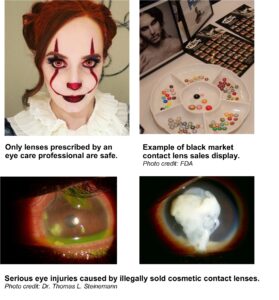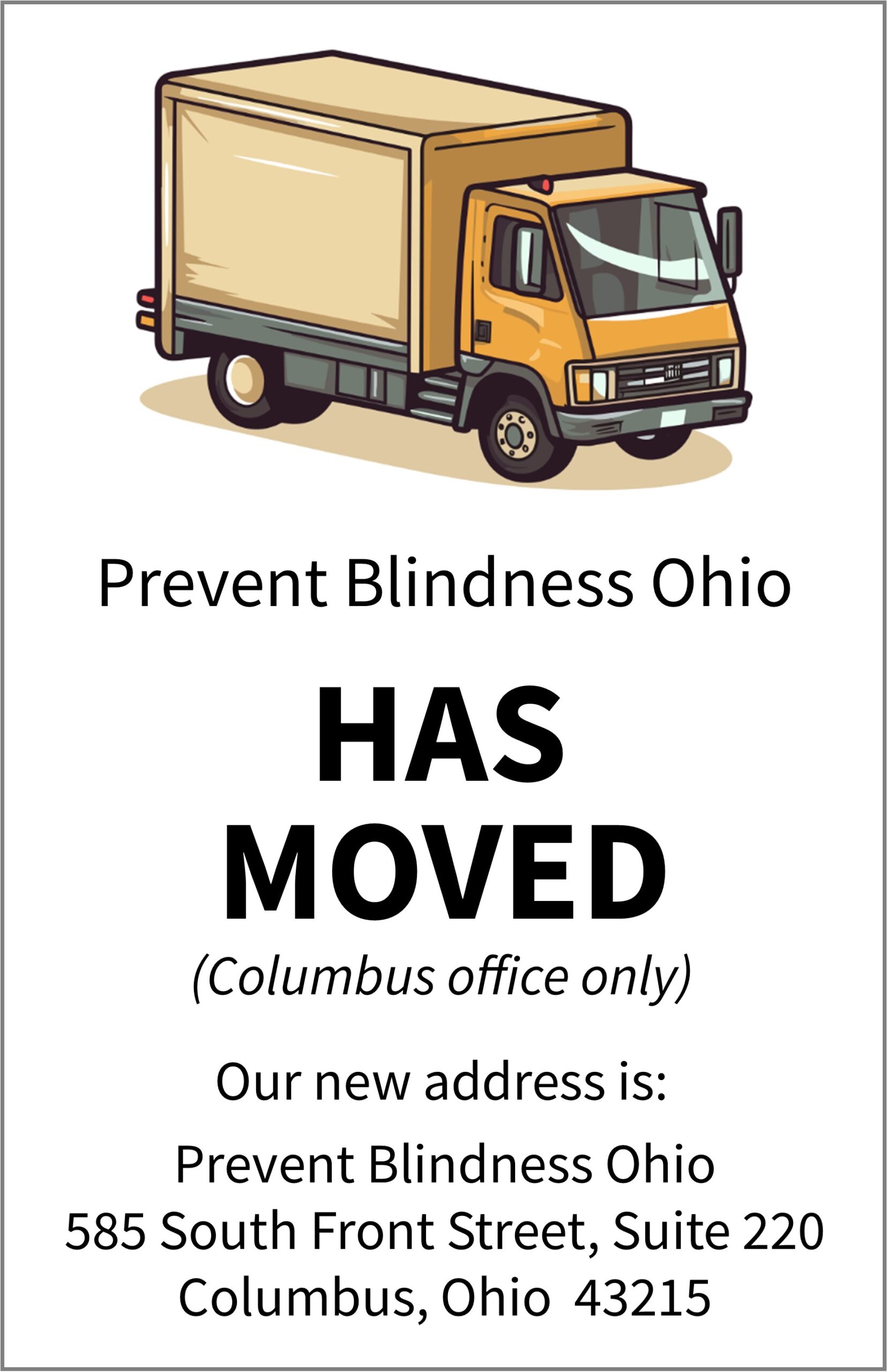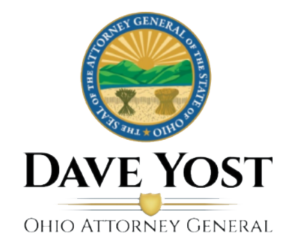
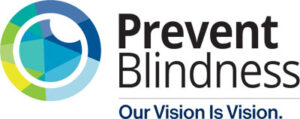
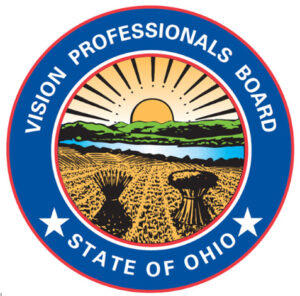
FOR IMMEDIATE RELEASE
MEDIA CONTACTS
Prevent Blindness:
Dori Jennings (800) 301-2020 ext. 105
[email protected]
Attorney General’s Office:
Luke Sullivan (614)270-2662
[email protected]
Ohio Vision Professionals Board:
Office (614) 466-9709
[email protected]
Ohio Attorney General Dave Yost Joins Prevent Blindness, Ohio Vision Professionals Board
to Warn Against Dangerous Cosmetic Contact Lenses
Columbus, OH (Oct. 7, 2021) – Ohio Attorney General Dave Yost, The Ohio Affiliate of Prevent Blindness, and the Ohio Vision Professionals Board have joined forces to warn consumers about the dangers of wearing decorative contact lenses without a valid prescription this Halloween season.
According to the Centers for Disease Control and Prevention (CDC), an estimated 45 million people in the United States wear contact lenses. Many consumers may not be aware that contact lenses are medical devices and are regulated by the U.S. Food and Drug Administration (FDA) through the Federal Food, Drug, and Cosmetic Act. Additionally, the FDA states that contact lenses are not over-the-counter (OTC) devices and companies that sell them as such are misbranding the device and violating Federal Trade Commission (FTC) regulations by selling contact lenses without having a valid prescription.
“Don’t trick yourself into putting something in your eyes that wasn’t prescribed by a doctor,” Yost said. “Non-prescriptive costume lenses are no treat and can cause blindness or significant vision damage. It’s not worth the risk!”
The Ohio Vision Professionals Board (VPB) warns that cosmetic contacts may be sold illegally online or in physical stores. Marlene Anielski, Executive Director of the VPB, states, “The Ohio Vision Professionals Board takes the dangers of buying illegal over-the-counter contact lenses very seriously. Annually, cease and desist orders are enforced against entities found to be illegally dispensing cosmetic contact lenses. The mission of the VPB is to protect and serve the public of Ohio. The VPB is proud to partner with Prevent Blindness and the Ohio Attorney General’s office. We applaud all efforts to educate the public about the dangers of illegal contact sales without the safety benefit of a professional evaluation and proper instructional care in the wearing of contact lenses. Only state licensed eye care professionals can legally dispense contact lenses. If you are aware of illegal contact dispensing, we encourage you to notify the VPB for the protection of you and all fellow Ohioans via our email, [email protected] or by contacting us at 614.466.9709.”
Contact lenses are a good option for many as an alternative to eyeglasses. However, the use of contact lenses also brings a higher risk of infections. Causes may include sleeping in lenses when not approved by an eye doctor, not cleaning the lenses or lens case properly, sharing lenses, or wearing contact lenses during water activities.
Ill-fitting lenses can cause eye pain, bacterial infections, and corneal ulcers. One study found that wearing decorative lenses increased the risk for developing keratitis, a potentially blinding infection that causes an ulcer in the eye. This increased risk was over 16 times more likely than those seen in vision correcting (“regular”) lenses.
“It may be tempting to create a unique look for Halloween or other social events by changing the look of your eyes. But beware that using cosmetic contact lenses accessed without a prescription from an eye doctor or borrowed from someone else is asking for trouble. Infections, scarring and even blindness can result,” said Sherry Williams, President and CEO of The Ohio Affiliate of Prevent Blindness.
“I’ve seen many young patients who were not aware of the dangers of these products and are now living with permanent vision loss,” said Thomas L. Steinemann, MD, Professor of Ophthalmology at Case Western Reserve University/MetroHealth Medical Center and a Prevent Blindness volunteer. “Even if the lenses are cosmetic or non-correcting, they are still classified as medical devices and should only be prescribed by an eye care professional.”
Prevent Blindness offers the following safety tips regarding cosmetic contact lenses:
- Always visit a licensed eye care professional to be fitted for cosmetic contact lenses.
- Never buy contact lenses without a prescription.
- Always clean and disinfect contact lenses according to instructions.
- Always use water-soluble cosmetics or those labeled safe for use with contact lenses. Do not apply skin creams or moisturizers too close to the eyes.
- Never wear opaque lenses if you have any problems with night vision.
- Never share or trade your contact lenses with anyone.
- Seek medical attention right away and remove your contact lenses if your eyes are red or have ongoing pain or discharge. Be watchful about your children’s or teens’ appearance. If they are wearing cosmetic contacts, question them about where they obtained them.
The non-profit group has a dedicated webpage with free information at: http://www.preventblindness.org/wearing-contact-lenses.
Attorney General Yost encourages Ohioans to report illegal sales of contact lenses to the Ohio Vision Professionals Board at [email protected] or 614-466-9709. Law requires consumers to obtain a prescription from a licensed professional to purchase contact lenses, including corrective and non-corrective lenses.
